


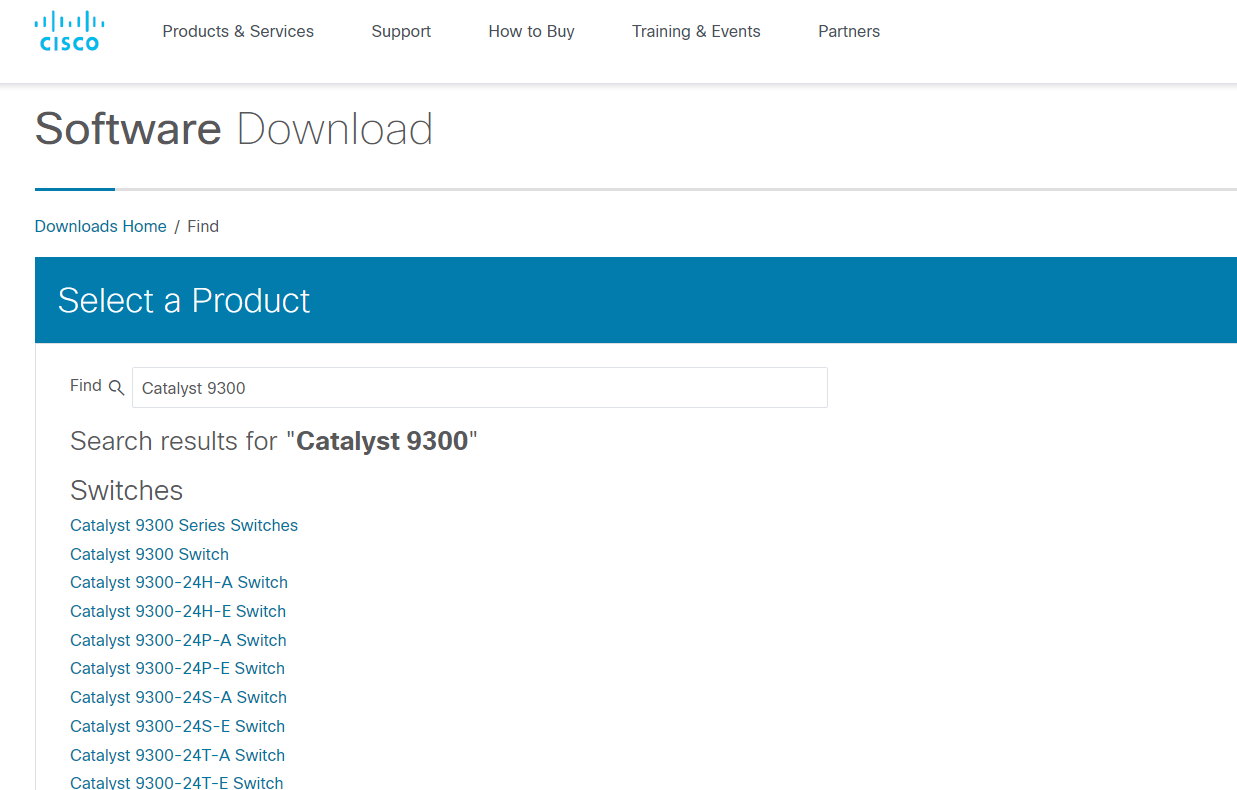
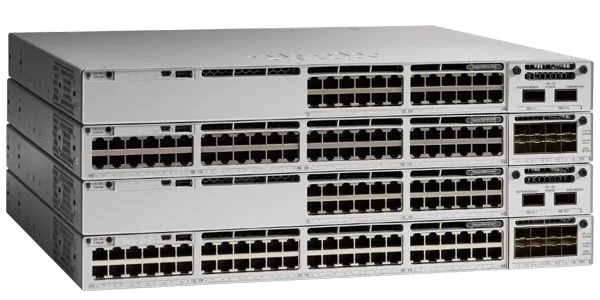
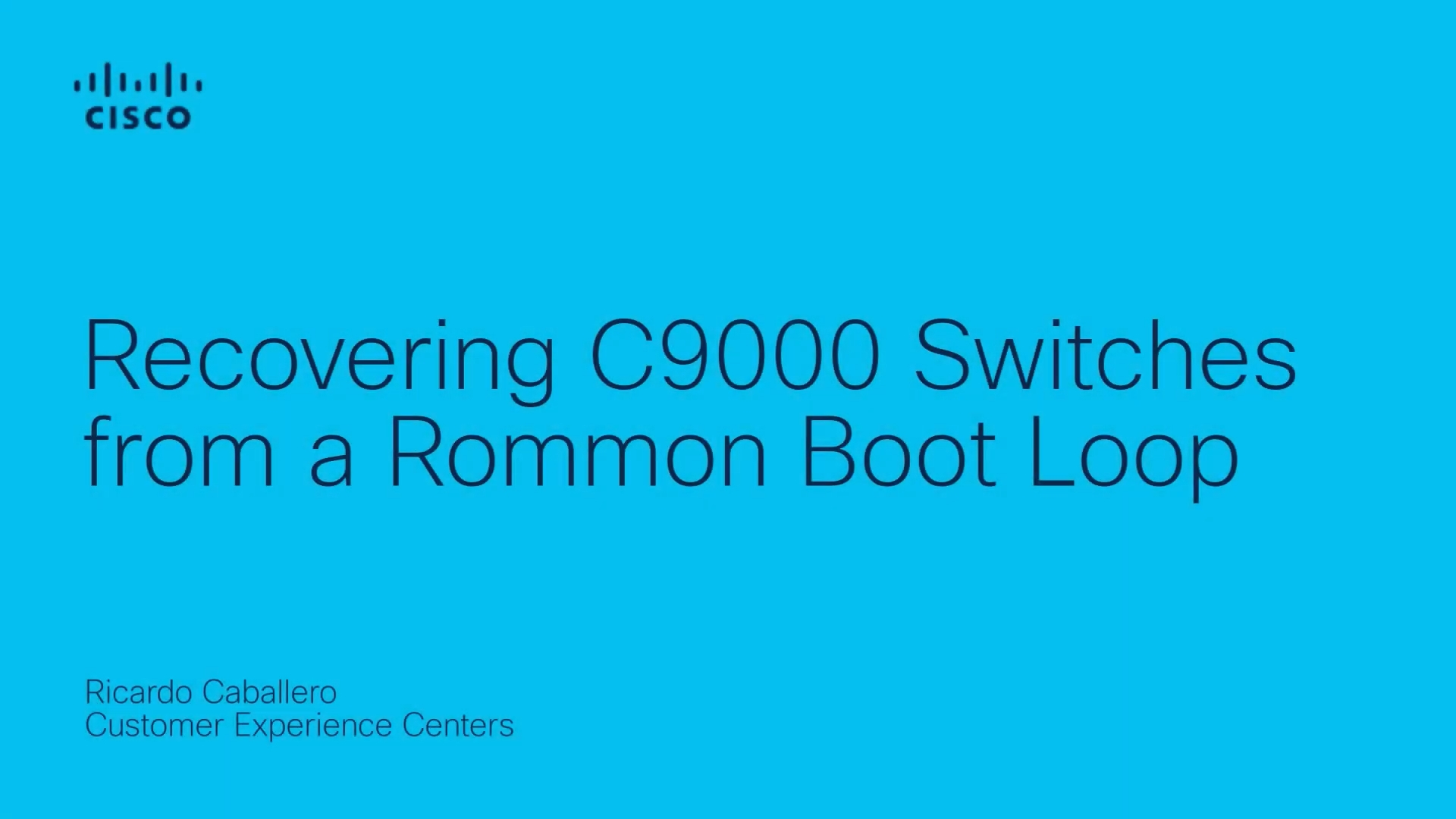
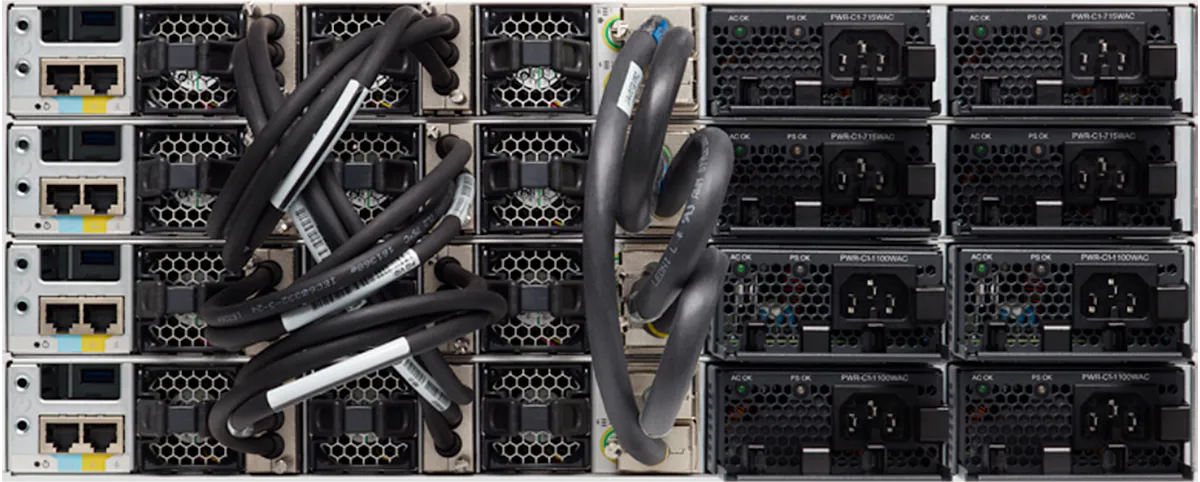
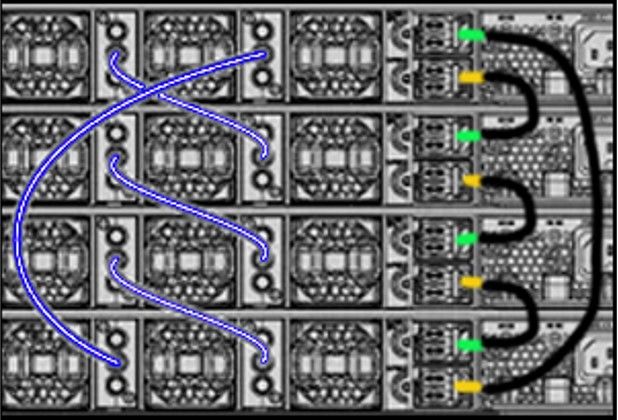
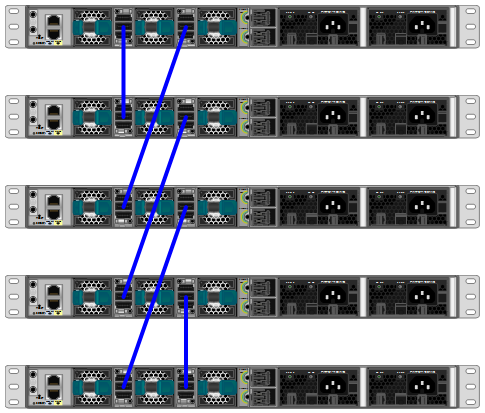
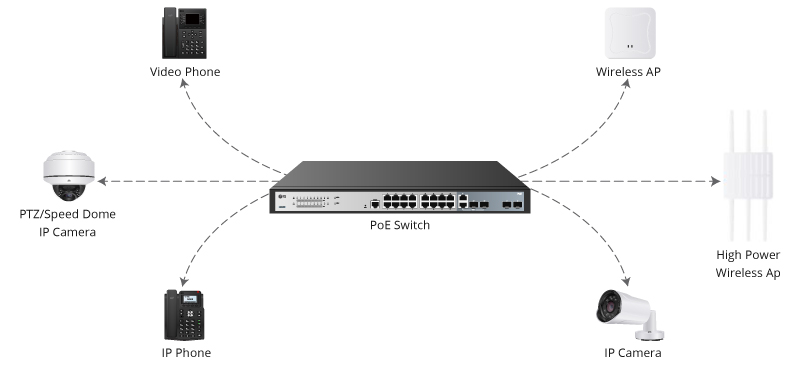
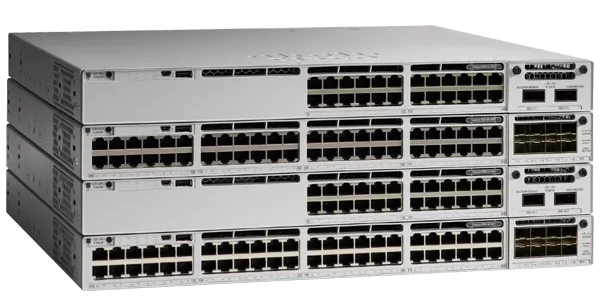
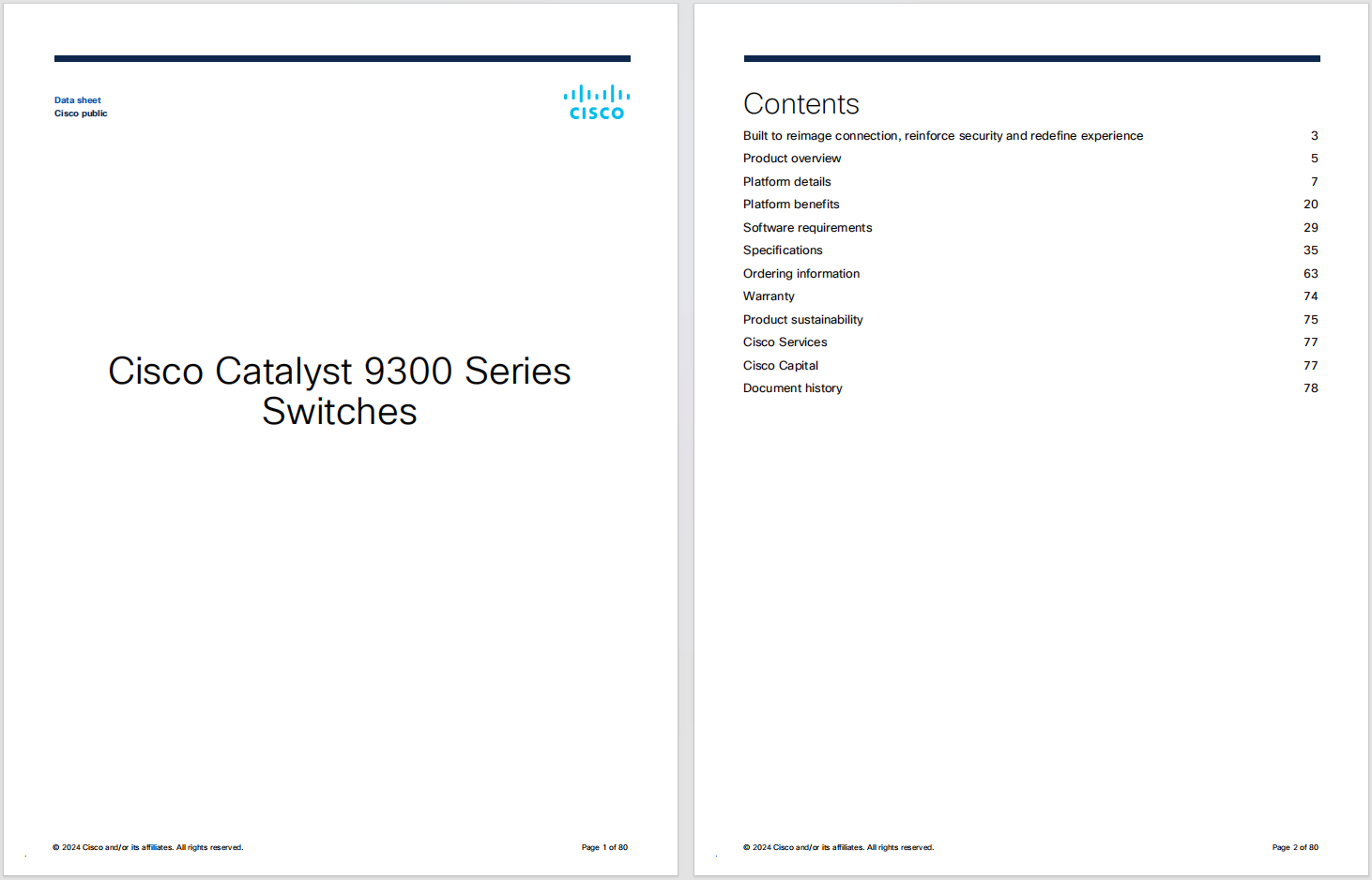
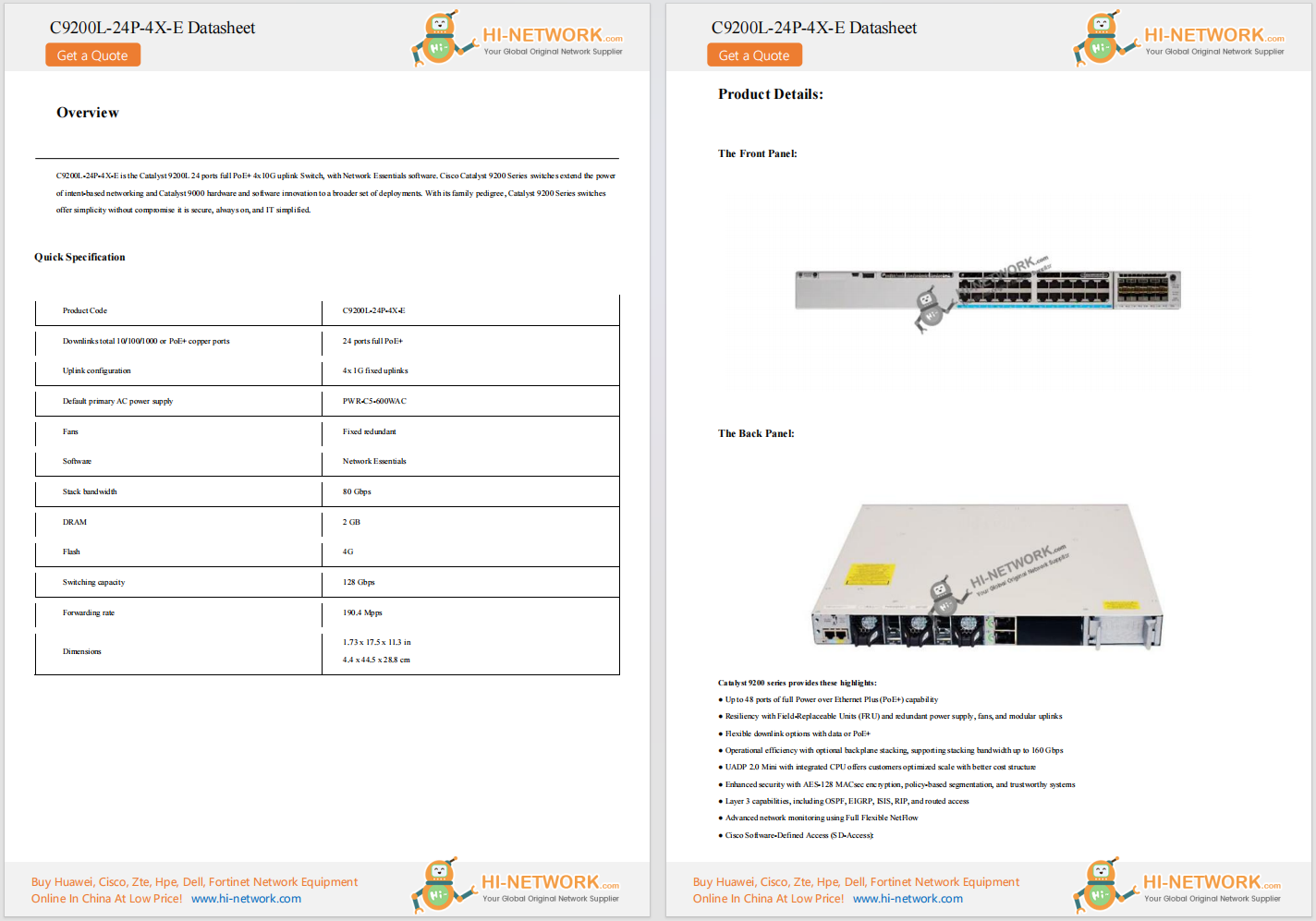
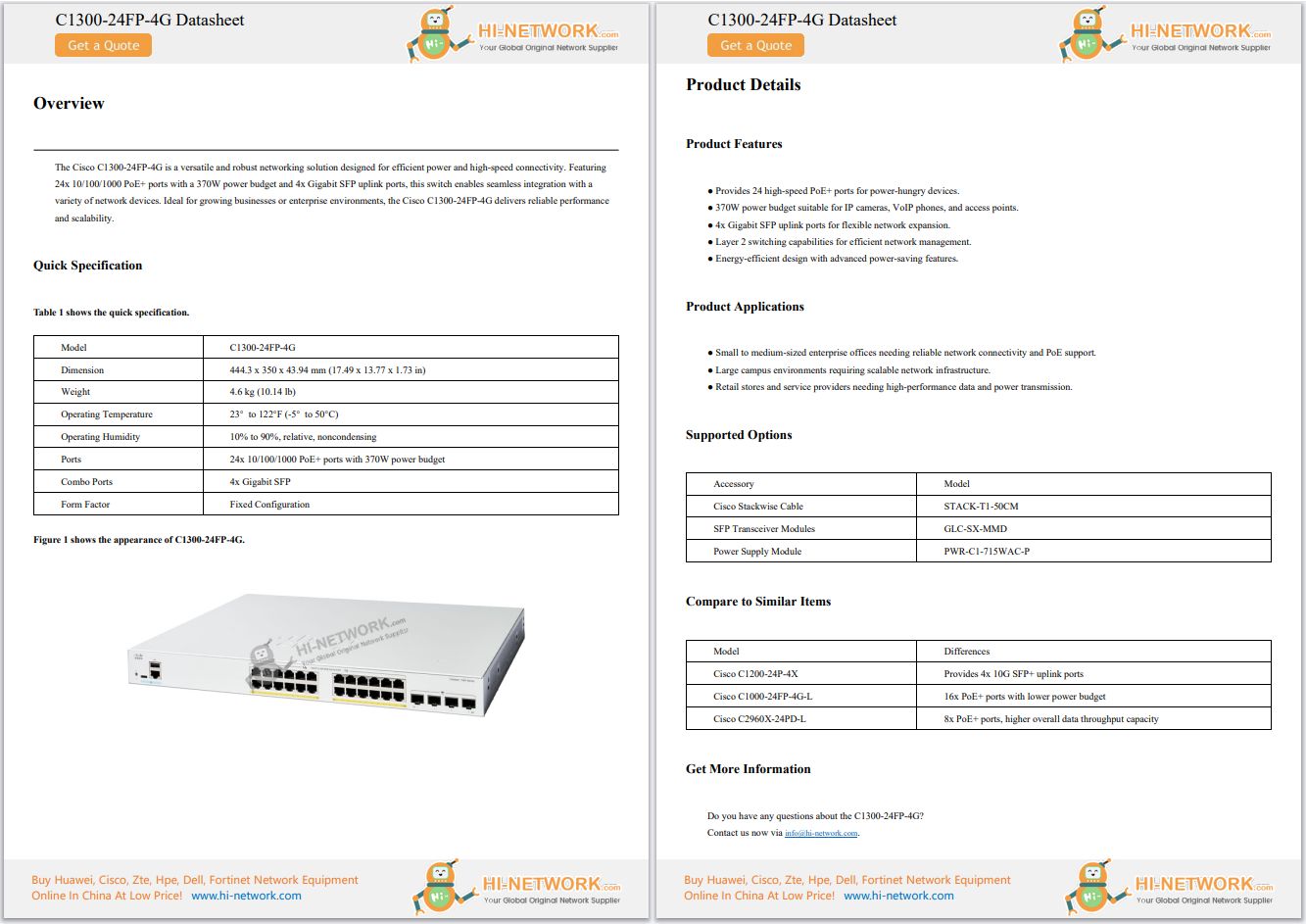
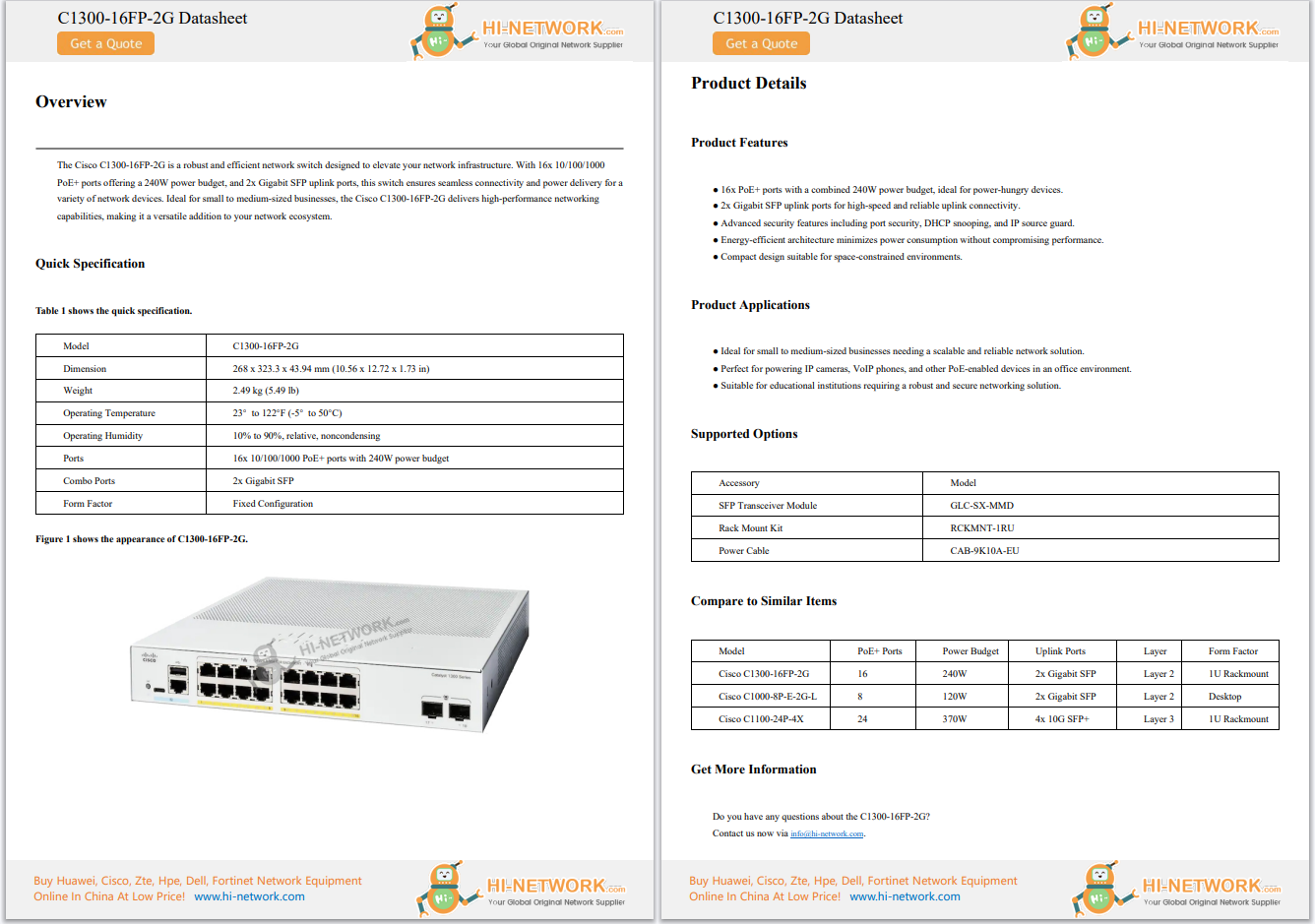
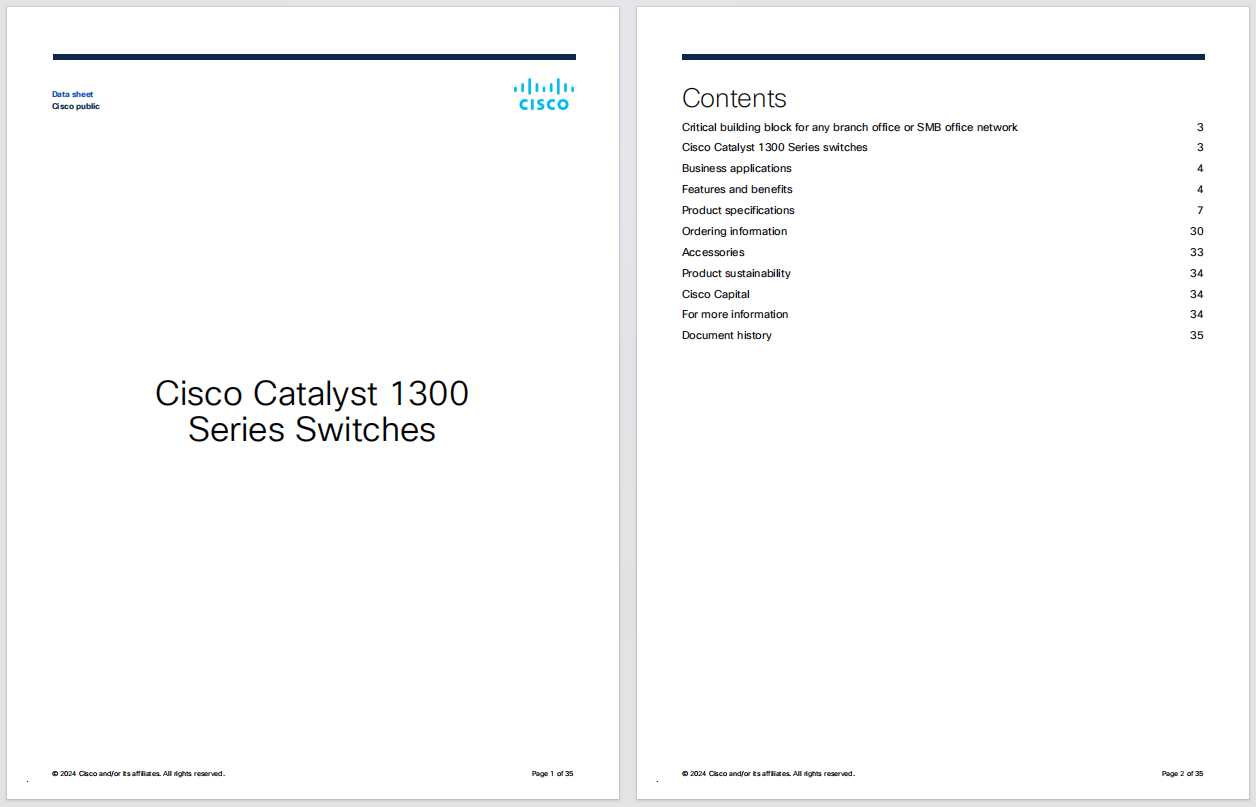
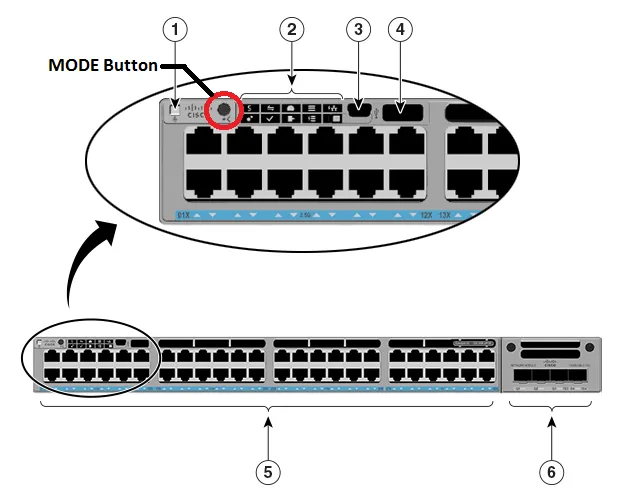


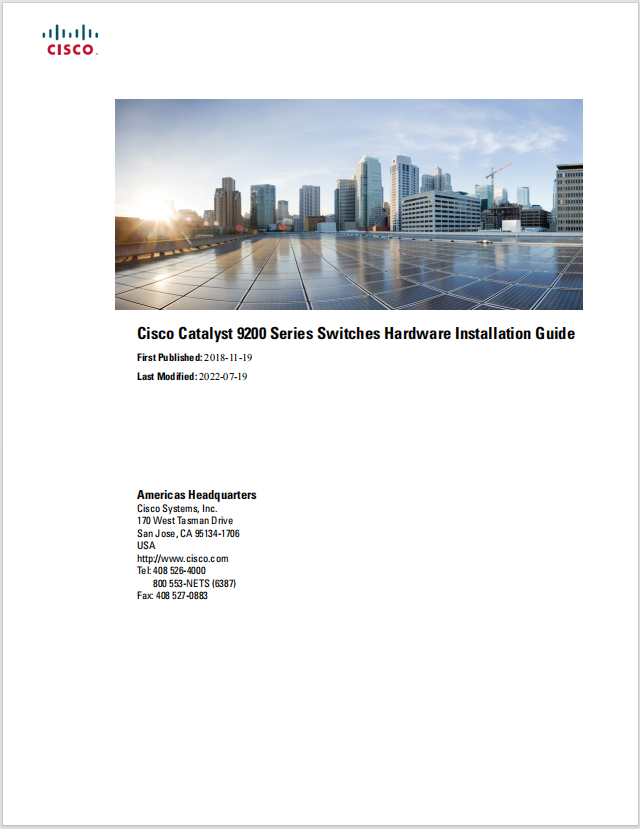

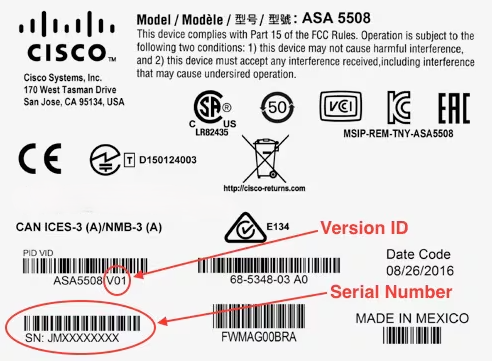
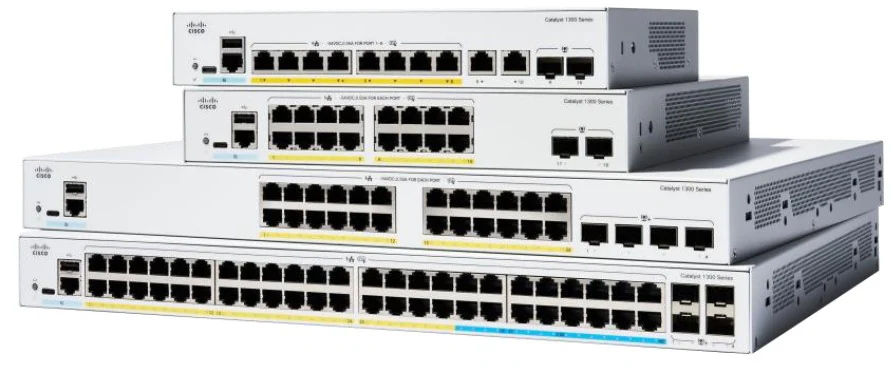

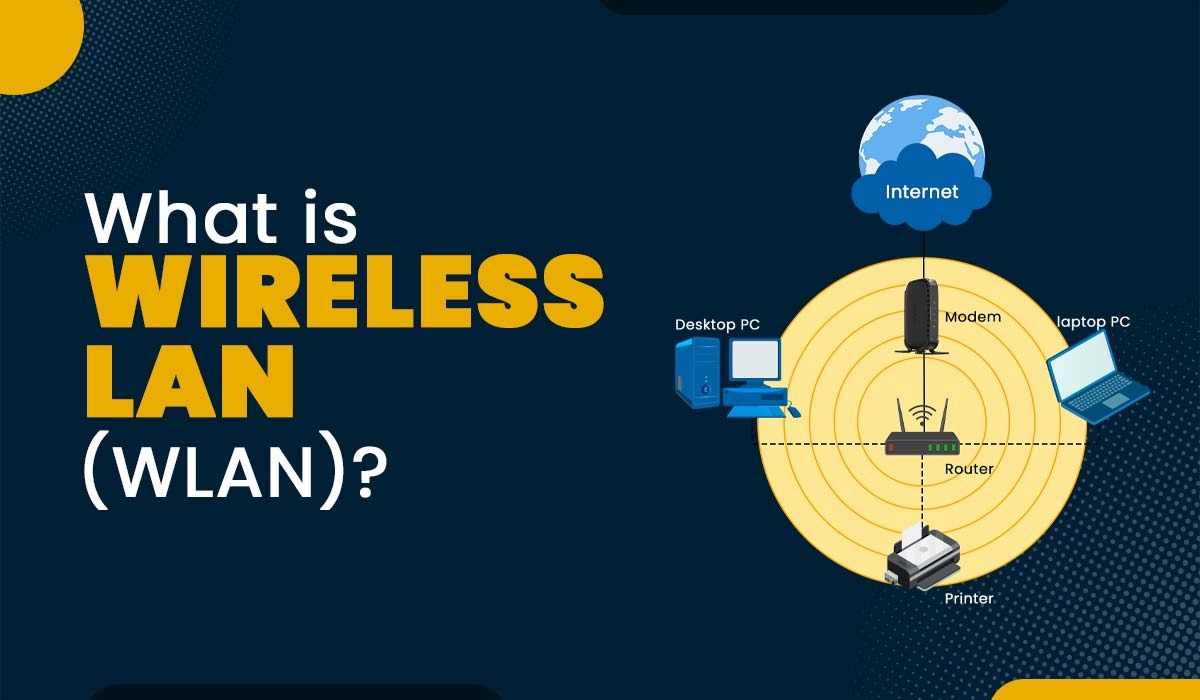
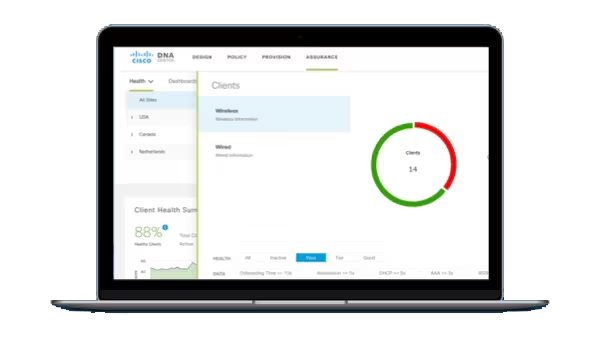
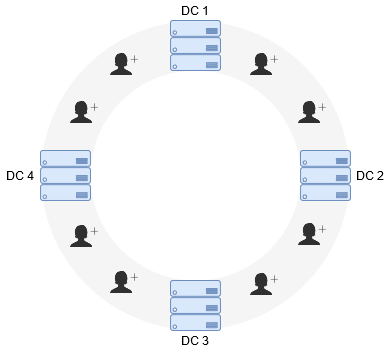

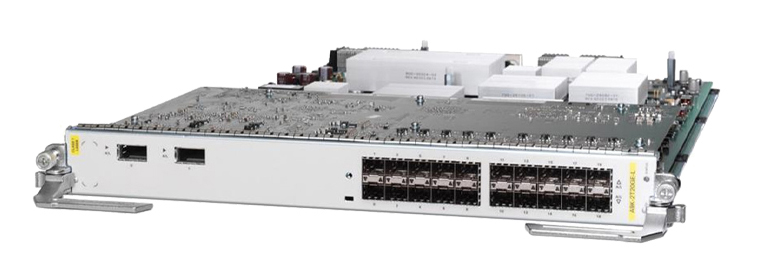


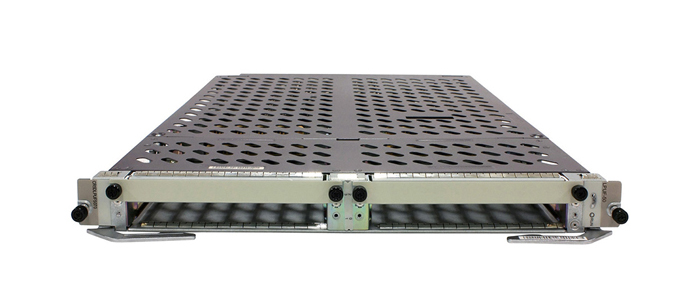
Continuing the Multi-Hop FCoE customer adoption series, as Federal, Education, Technology verticals were covered previously, so in this blog I would provide the details on the FCoE design and benefits in an another important vertical -Healthcare!
 Adventist Health System is a large, faith-based health care provider. The system's hospitals include nearly 8300 licensed beds and provide care for 4.5 million patients each year in inpatient, outpatient, and emergency room visits. The IT department, AHS Information Services (AHS-IS), provides technology systems and services for 32 of Adventist Health System's 45 campuses over nine states. The business challenge was to provide a scalable data center that can handle increasing volumes of health care data and as well be flexible enough to support wide range of device access protocols. This DC would support AHS' mission-critical applications and data, including email, electronic health records, virtualization, and imaging system archives.
Adventist Health System is a large, faith-based health care provider. The system's hospitals include nearly 8300 licensed beds and provide care for 4.5 million patients each year in inpatient, outpatient, and emergency room visits. The IT department, AHS Information Services (AHS-IS), provides technology systems and services for 32 of Adventist Health System's 45 campuses over nine states. The business challenge was to provide a scalable data center that can handle increasing volumes of health care data and as well be flexible enough to support wide range of device access protocols. This DC would support AHS' mission-critical applications and data, including email, electronic health records, virtualization, and imaging system archives.
AHS chose Cisco Nexus Switches with FCoE capabilities to build a high-density, high-performance converged data center infrastructure. AHS implemented redundant Nexus 5000 Switches and Nexus 2000 Fabric Extenders for the access layer. They connect to a redundant pair of Nexus 7000 Switches using FabricPath technology. The Nexus 5000 systems also connect to the Nexus 7000 systems VDCs (Virtual Device context) through Multi-Hop FCoE fabrics. The Nexus 5000 Switches provide access to traditional FC SAN resources using MDS 9000 Multilayer Directors. AHS manages the converged infrastructure using Data Center Network Manager (DCNM), which combines management of Ethernet and Storage networks into a single dashboard.

The benefits werequite significant:
"The financial savings were extraordinary. The ability to converge and share the access layer infrastructure saved$600,000 on networking costs alone." -Ed Diaz, Network Architect
"A converged access fabric allowed us to close a big gap in our ability to collaborate successfully. Our teams interact more, and we are able to coordinate more efficiently, communicate better, and back each other up. We have better synergy and a more collaborative environment, which was a significant goal." -Jose Figueroa, SAN architect for AHS
"Over time, as we refresh our storage environment, we can retire FC ports and move to FCoE without wasting any of our investment. We need the ability to quickly be flexible as new business initiatives are implemented."
More details can be found in the externally published case study.
 Hot Tags :
Hot Tags :